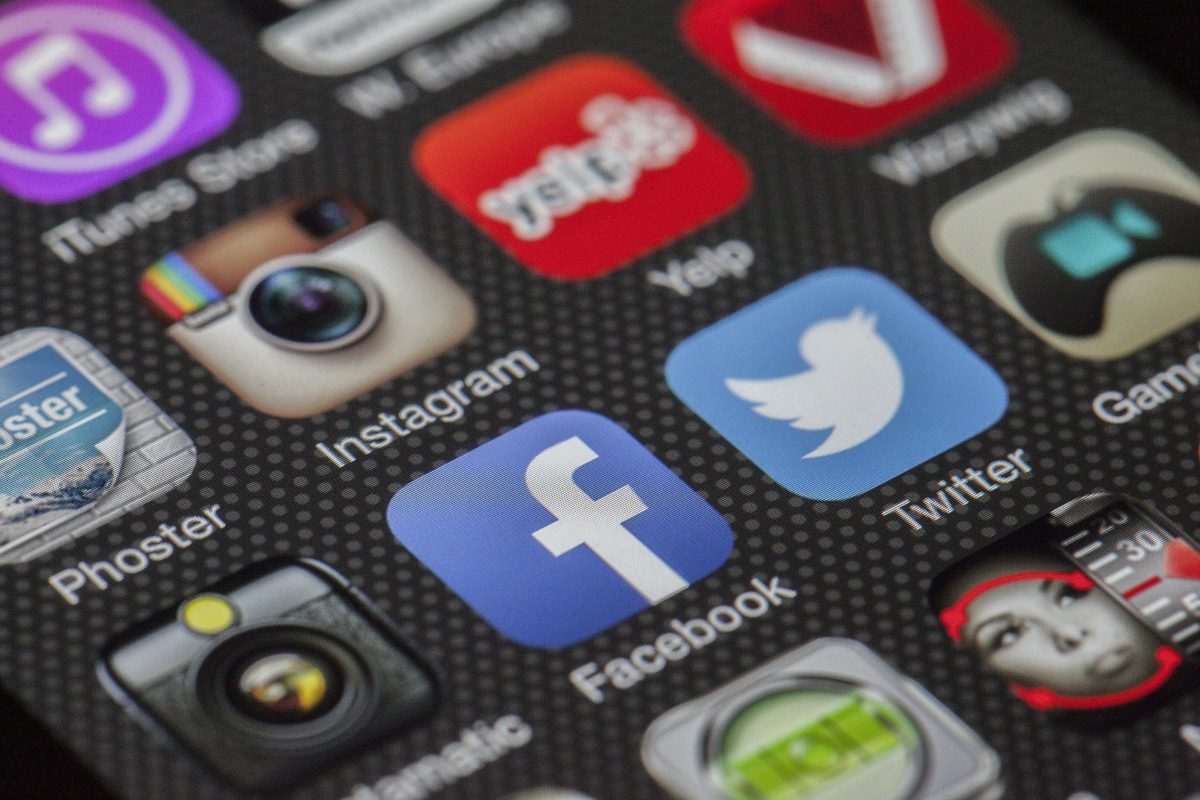We’ve all been through it before. You find the perfect app for whatever you need, you get ready to install it, and… immediately turn back when you find out it costs 99 cents. Suddenly, the cost for a pack of gum is too pricey when compared to convenient mobile software more advanced than we’ve had in the recent history of technology.
When has 99 cents ever been too expensive for anything? We pack our carts full when we make a trip to the dollar store but can’t put the funds together for the mobile version of Octodad: Dadliest Catch? (Which is an amazing game by the way. If you couldn’t already tell from the title.)
Here’s the thing: our smartphones have made us incredibly cheap. The amount of free apps, games, and entertainment we can get from our phones without paying a cent is awe-inspiring. But this does create a bit of an issue, as this cheapness will create problems with app quality as time goes on.
Look no further than the recently released Super Mario Run, which was downloaded an overwhelming 90 million times. The game, which is a fairly fleshed out mobile imagining of the classic franchise, promised to bring some high quality fun to the App Store. However, because only the first few levels are free, you must pay for the rest of the game. And how many people did that? Only about 3 million.
Now, I’m not going to say I’m above not paying for any apps. Heck, I think I’ve spent a total of two dollars in my entire time using smartphones. And one of those was to beat a really hard level in Pokemon Shuffle (I didn’t have much going on at the time.)
However, my personal reluctance to pay money for app usage is mainly because of the freemium culture smartphones have generated. Look back at 2015, where little more than 30% of people were willing to pay for apps. To be totally honest, I’m almost surprised it’s that high.
There’s nothing wrong with so much free content. Heck, it almost feels weird to complain about it. But the bottom line is that you get what you pay for. The more reluctant we are towards paying for content, the less quality the apps will most likely become. Will this lead to some post-apocalyptic future where the economy collapses because you weren’t willing to pay for Plants vs. Zombies? I’m no economist, but let’s say maybe.










